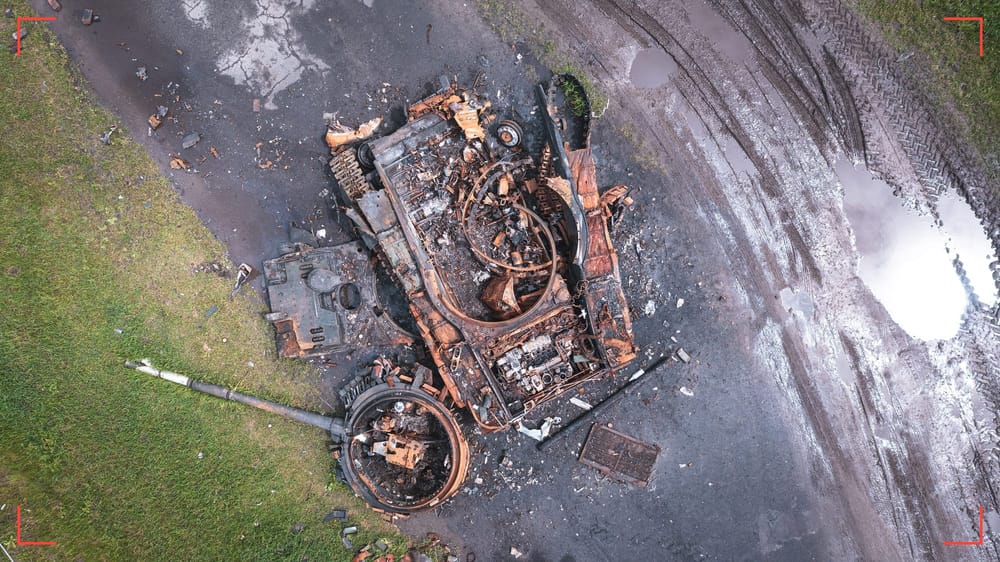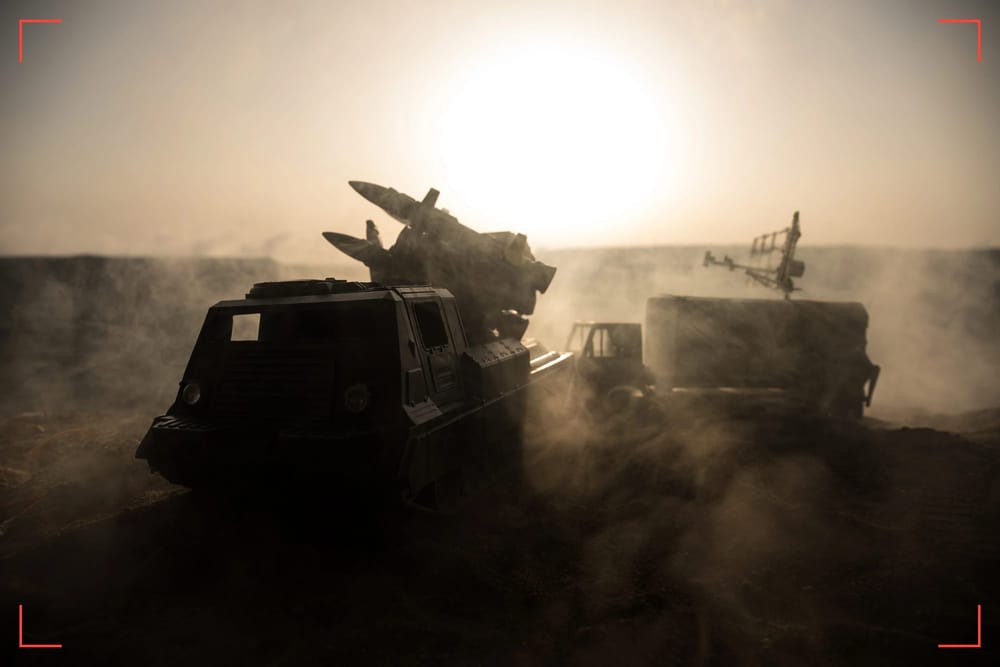
Report Details
Initial Publish Date
Last Updated: 31 JAN 2025
Report Focus Location: Europe-Eurasia
Authors: AGC, ATG, MA
Contributors: GSAT
GSAT Lead: MF
RileySENTINEL provides timely intelligence and in-depth analysis for complex environments. Our global team blends international reach with local expertise, offering unique insights to navigate challenging operations. For custom insights or urgent consultations, contact us here.
Report Summary
This report presents a thorough examination of the current geopolitical and security environment throughout Europe and Eurasia, with an emphasis on significant developments in Eastern Europe, the Western Balkans, and the Caucasus region. The Europe-Eurasia region is facing growing geopolitical and economic uncertainties. One reason is the incoming Trump administration and its pressure on Europe to increase defense spending and bear more responsibility for NATO, and Trump’s blunt statements on planning to acquire Greenland – potentially by force – from Denmark. The other reason is the political and economic struggle taking place in many countries, among them the heavyweights of Germany and France. Many European governments are preoccupied with domestic challenges, hindering them from finding a common approach to geopolitical issues like Russia’s war in Ukraine, increasing its military capabilities, or defining a common migration policy. Still, the European Union (EU) managed to agree on the continuation of sanctions against Russia after Hungary ended its stalling. The EU also decided to ease some sanctions against Syria and increase humanitarian aid in an attempt to help the country “get back on its feet”. Europe must be aware of US President Trump possibly trying to reach deals with individual countries instead of the EU, further putting Europe’s unity to the test. In the Eurasian region, Ukraine is still under heavy pressure on the eastern frontline and failing to mobilize new soldiers, threatening its defense lines. In Belarus, President Lukashenko unsurprisingly won the presidential election for another five years, and tensions between Armenia and Azerbaijan are on the rise again after Azerbaijan’s demand for Armenia to open a land corridor connecting the Nakhchivan exclave with its territory.
Remaining content is for members only.
Please become a free member to unlock this article and more content.
Subscribe Now






